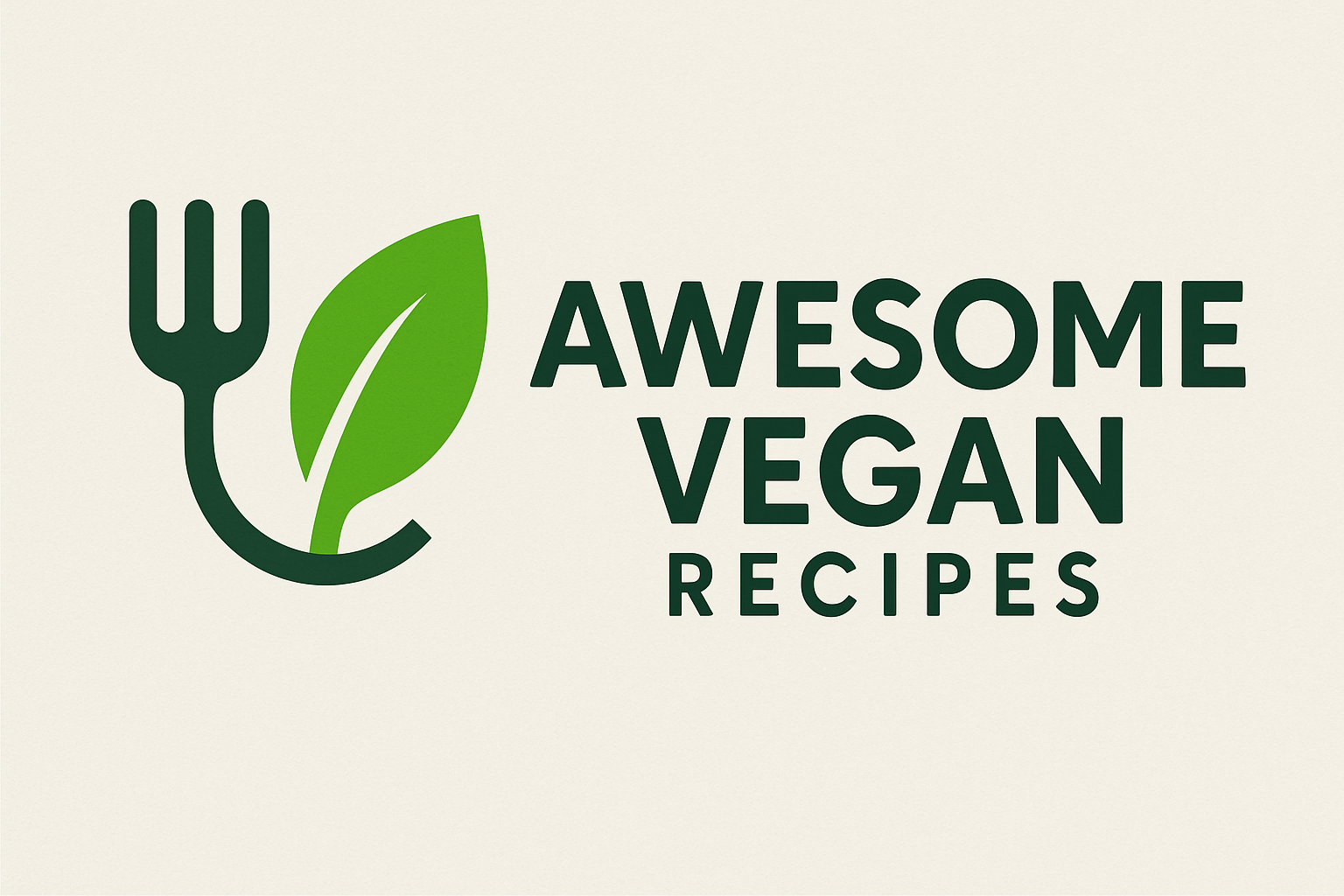Plant-Powered: How a Vegan Diet Supports Heart Health
Plant-Powered: How a Vegan Diet Supports Heart Health
In recent years, the popularity of veganism has continued to rise as more people become aware of the numerous health benefits associated with a plant-based diet. One of the key areas where a vegan diet has shown significant improvement is in heart health. With heart disease being a leading cause of death worldwide, adopting a vegan diet can play a crucial role in reducing the risk of heart-related illnesses and improving overall cardiovascular health.
Understanding Heart Health
Before diving into how a vegan diet supports heart health, it’s important to have a basic understanding of how the heart functions and how dietary choices can impact its health. The heart is a vital organ that pumps oxygen-rich blood throughout the body, providing essential nutrients and oxygen to all cells and tissues. When the heart is not functioning optimally, it can lead to various cardiovascular diseases, including hypertension, atherosclerosis, and heart attacks.
The Role of Diet in Heart Health
A well-balanced diet plays a significant role in maintaining heart health. Consuming nutrient-dense foods that are low in saturated fats, cholesterol, and sodium can help lower blood pressure, cholesterol levels, and reduce inflammation in the body. This is where a vegan diet shines, as it is naturally low in saturated fats and cholesterol, while being rich in essential nutrients like fiber, vitamins, and antioxidants.
How a Vegan Diet Supports Heart Health
1. Lowering Cholesterol Levels: A vegan diet eliminates sources of dietary cholesterol found in animal-based products like meat, dairy, and eggs. By cutting out these foods, individuals can significantly reduce their cholesterol intake, which in turn can lower their overall cholesterol levels. High cholesterol is a major risk factor for heart disease, so keeping it in check is crucial for heart health.
2. Decreasing Blood Pressure: Plant-based foods are naturally low in sodium, which is known to increase blood pressure levels. By focusing on fruits, vegetables, whole grains, legumes, and nuts, individuals following a vegan diet can help regulate their blood pressure and reduce the risk of hypertension.
3. Reducing Inflammation: Chronic inflammation is a common factor in many cardiovascular diseases. Plant-based foods are rich in antioxidants, which help combat inflammation in the body and protect against oxidative stress. By incorporating a variety of colorful fruits and vegetables into their diet, vegans can help reduce inflammation and support heart health.
4. Improving Weight Management: Obesity is a major risk factor for heart disease, as excess weight can put added strain on the heart and increase the risk of developing conditions like diabetes and high blood pressure. A vegan diet, when done correctly, can help individuals achieve and maintain a healthy weight, reducing their risk of heart-related illnesses.
5. Boosting Cardiovascular Function: The high fiber content in plant-based foods can help improve cardiovascular function by promoting healthy digestion, reducing cholesterol absorption, and supporting overall gut health. Fiber also plays a crucial role in regulating blood sugar levels and keeping energy levels stable, which is key for maintaining a healthy heart.
Incorporating a Vegan Diet into Your Lifestyle
If you’re interested in adopting a vegan diet to support your heart health, it’s essential to do so in a balanced and sustainable way. Here are some tips to help you transition to a plant-based lifestyle:
1. Start Slow: Transitioning to a vegan diet doesn’t have to happen overnight. Start by incorporating more plant-based meals into your routine and gradually eliminating animal products from your diet.
2. Focus on Whole Foods: Fill your plate with a variety of whole foods like fruits, vegetables, whole grains, legumes, nuts, and seeds. These nutrient-dense foods will provide your body with the essential nutrients it needs to thrive.
3. Experiment with New Recipes: Explore new plant-based recipes and get creative in the kitchen. There are countless resources available online for delicious vegan meal ideas to keep your meals exciting and satisfying.
4. Stay Informed: Educate yourself on the nutritional requirements of a vegan diet to ensure you’re meeting your body’s needs. Consider consulting with a nutritionist or dietitian to help create a balanced meal plan.
5. Listen to Your Body: Pay attention to how your body responds to a vegan diet and make adjustments as needed. Everyone’s dietary needs are unique, so it’s important to listen to your body and make choices that support your overall health.
By adopting a plant-powered diet, you can support your heart health and reduce the risk of developing cardiovascular diseases. With the numerous benefits associated with a vegan lifestyle, there’s never been a better time to explore the world of plant-based eating and reap the rewards of a healthy heart.






